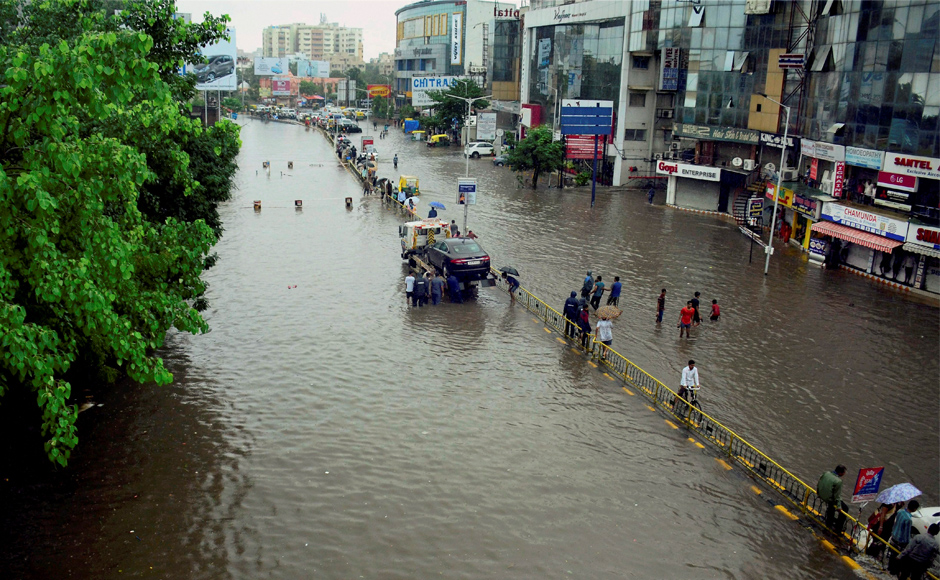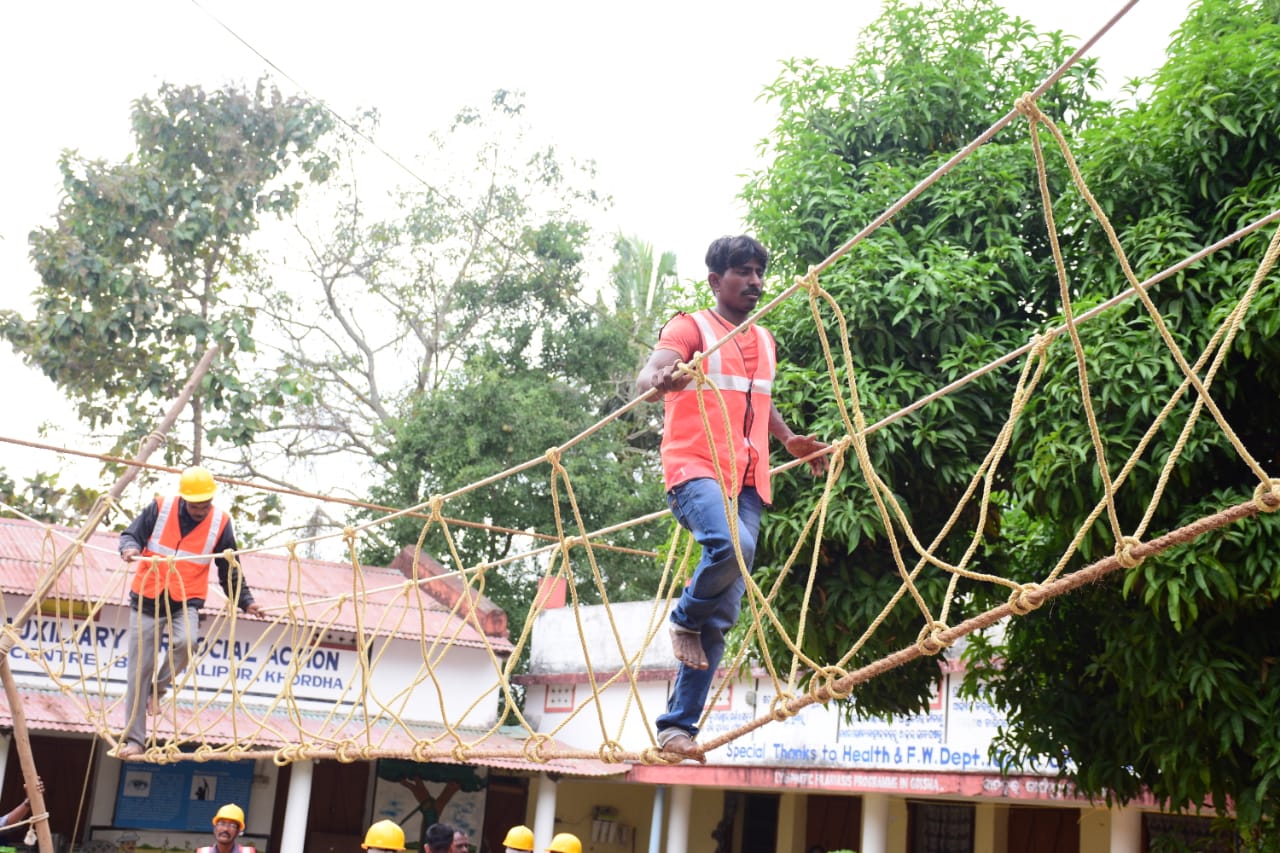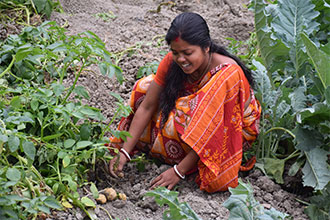CASA BLOGS

What Role Do NGOs Disaster management Play For The Community?
Any contemporary civilization and nation seeking to safeguard the wellbeing of the general populace as well as the integrity of the local flora and fauna must have a fully functional infrastructure for NGOs disaster management. Along with the requirement for such a unit, the populace must be prepared to assist their neighbours in their hour of need. Ordinary persons who care about the wellbeing of others and their environment make up the majority of NGOs.
issues like poverty, unemployment, a lack of education, natural and man-made calamities, etc NGOs like CASA have grown to be a significant component of the development infrastructure in India. The stark differences in lives, customs, and regional development between urban and rural areas create a need for such NGOs.
All NGOs have the same goal of offering skilled and qualified assistance to those in need whenever necessary, whether they are national organisations or global associations. The nature of an NGO might change depending on how it is operating, it is vital to remember that. This is due to the wide variety of not-for-profit groups, including those that are global, regional, local, and national. The others accept the aid that is supplied in order to convey it to those who are in urgent need of it, whilst the global ones work as donors or advocates.
It’s necessary to give credit to the members of society who recognise others’ hardship and volunteer to assist them through their pain before fully comprehending the function of NGOs in disaster management. The activities of an NGO or NPO heavily rely on volunteer labour.
Government Policy
The Society’s Registration Act of 1860, Public Charitable Trust Acts, and Section 25(1) of the Companies Act of 1956 are common pieces of law used to establish these organisations. Typically, NGOs that operate in disaster management also serve other needs, such as those of the impoverished, education, healthcare, support for the elderly, nutrition, environmental protection, sanitation, food security, housing, infrastructure, and livelihoods. These NGOs offer a great deal of support on humanitarian grounds as they counsel the injured and catastrophe victims because India is such a volatile region that is very susceptible to man-made or natural calamities.
Each NGO has a certain responsibility when it comes to disaster management. Each entity either concentrates on catastrophe preparedness in its own unique way or adopts the strategies of others around it. This is important because any individual, whether employed in the commercial sector or the public sector, might be harmed by a catastrophe, whether it be natural or man-made. Consequently, NGOs disaster management serve more as public awareness-raising actors who alert the public to impending disasters. Additionally, they disseminate information on both prevention strategies and what to respond in the case that it does occur.
The standard operating procedure for a disaster management system is to meet the following 2 requirements:
Preparedness
Through campaigns, conferences, capacity development, mock drills, and workshops, NGOs disaster management and NPOs in India have improved their operations and advanced to the next step from just providing post-disaster assistance to focusing on pre-disaster awareness generation, preparedness, and mitigation. NGOs have made an effort to establish alternate revenue streams for their organisations outside of charitable contributions, such as alliances with commercial businesses. On the state, sub-state, and district levels, these relationships take the shape of public-private partnerships (PPP) or corporate social responsibility (CSR).
The contemporary crisis management environment calls for a highly irregular and responsive strategy from the NGOs, allowing these groups to concentrate on other areas like healthcare and education for the disadvantaged and marginalised.
Recovery After Mitigation
NGOs not only raise awareness but also advocate for disaster management. In reality, these entities frequently get recognised for their work as partners in lobbying on several levels. In order to solve issues with disaster management, they mostly work with governments to examine various policies. In order to invest in preparation, they might also design a plan for advocacy that forecasts prospects for a group or nation. To raise money and utilise it to create catastrophe solutions, they also encourage other partners to participate. Such advocacy is crucial because it enhances disaster management programme development, policy formation, and strategy creation at many levels.
Non-governmental groups like CASA also participate in evaluation processes in addition to preparation. Here, they examine the risk exposure levels and vulnerability in operating regions. This approach also seeks to evaluate how individuals can react to the crisis while taking into consideration capacities and resources that are accessible. Involving other stakeholders and the government at this level is essential for support and financing, regardless of the planned course of action.
However, NGOs disaster management continue to play a major role all around the world when capacity building at all levels is taken into consideration.
To put it briefly, catastrophe management is crucial to every economy. The capacity of NGOs to respond to an impending catastrophe improves as they are able to give aid to more people thanks to the infrastructure that our nation has built up as they step up their efforts to deal with mitigation and raising awareness about different calamities. The article provides a thorough explanation of both the definition of disaster management and the function of NGOs in disaster management. In terms of capacity building, research into various catastrophes, and management strategies to safeguard the interests of the populace, the private partnerships established by NGOs through CSR and PPPs have greatly aided.
 Previous Blog Post Eliminating Lymphatic Filariasis: A Comprehensive Approach for Society
Previous Blog Post Eliminating Lymphatic Filariasis: A Comprehensive Approach for Society Role of NGOs In Flood Relief Operations
Role of NGOs In Flood Relief OperationsFeatured Post

Empowering Rural Education in India:
14 Mar 2024
Introduction: In the vast tapestry of India, education is the key to unlocking the door to a brighter future. However, the challenge of providing quality education to the rural parts of the country persists. In this blog post, we will delve into the crucial role that Non-Governmental Organizations (NGOs) play in bridging the educational gap […]

Empowering the Future: Disaster Management Training for School Children in Disaster-Prone Areas
22 Feb 2024
Introduction: In the face of increasing natural disasters worldwide, it becomes imperative to equip our younger generation with the knowledge and skills necessary to handle emergency situations. Children, being one of the most vulnerable groups during disasters, can greatly benefit from disaster management training. This blog explores the significance of imparting such training, with a […]

Empowering Women: Transforming Lives Through Sustainable Livelihoods in Rural India
16 Feb 2024
Introduction: In the heart of rural India, a silent revolution is taking place as women embrace newfound opportunities for sustainable livelihoods. This transformation not only uplifts individual lives but also contributes to the overall development of communities. At [Your Organization’s Name], we are committed to driving positive change by providing women in rural India with […]


